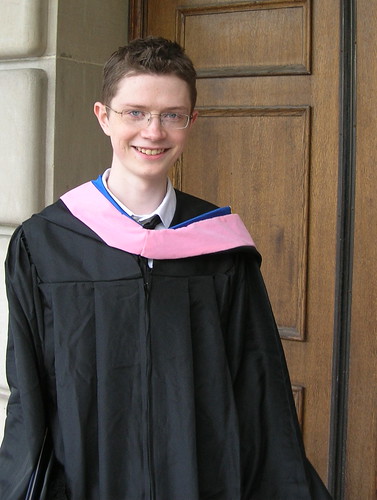OK, following up my perplexity of Saturday, I am now examining the pertinent section of Revolution in Poetic Language (conveniently excerpted in The Kristeva Reader).
It looks to me as though Kristeva may indeed be using these terms in a way that accords with what I want to do with them. It wouldn’t be a big problem if she weren’t, so long as I take care not to misrepresent my approach as a direct inheritor of Kristeva — more (in a cinematic gesture) “inspired by a distinction that Julia Kristeva develops.” Still, I think the similarity is close enough that I’m reassured that I’m not indulging in headstrong disregard of what heavier lifters have proposed already.
Kristeva construes phenotext as “language that serves to communicate” — “it is a structure.” “[I]t obeys rules of communication and presupposes a subject of enunciation and an addressee” (all these quotations from p. 121 of the Reader). Kristeva’s phenotext entails questions of competence, of adherence to convention.
Her genotext derives from the inchoate processes of instinctual drives, of extrinsic constraints (of society, corporeality, formation), and from the “matrices of enunciation,” the patterns of expression that give sense to particular instances of expression: she nominated literary genres, “psychic structures,” and various modes of participation in communication, as examples. She associates “drives” with “phonematic devices (such as the accumulation and repetition of phonemes or rhyme) and melodic devices (such as intonation or rhythm), in the way semantic and categorial fields are set out in syntactic and logical features, or in the economy of mimesis (fantasy, the deferment of denotation, narrative, etc.)” (Reader, 120). Her genotext constitutes “language’s underlying foundation.”
Without pursuing further, then, the ways that Kristeva handles these categories differently from me, I’m at ease with re-employing them to suit the specific way they can help me articulate the hermeneutical point I want to make. Whew!
